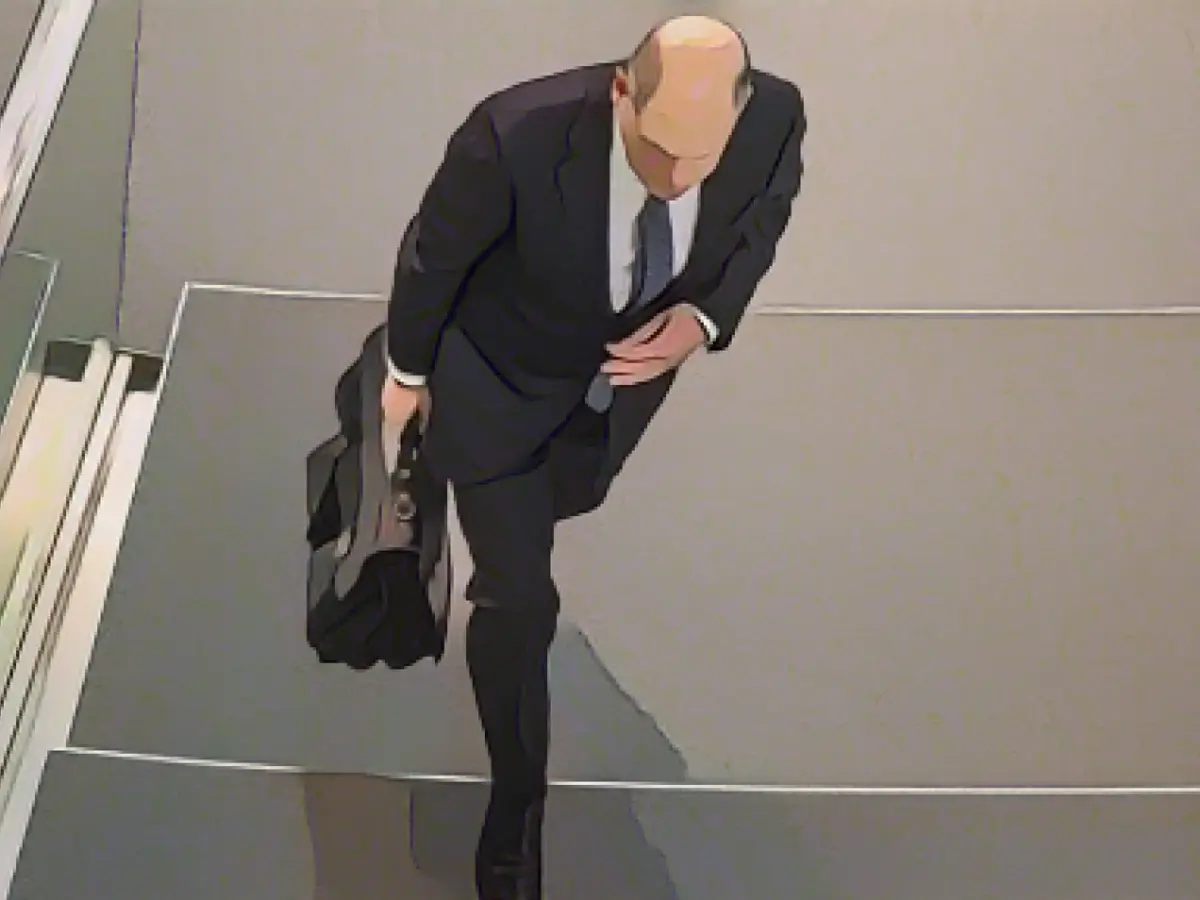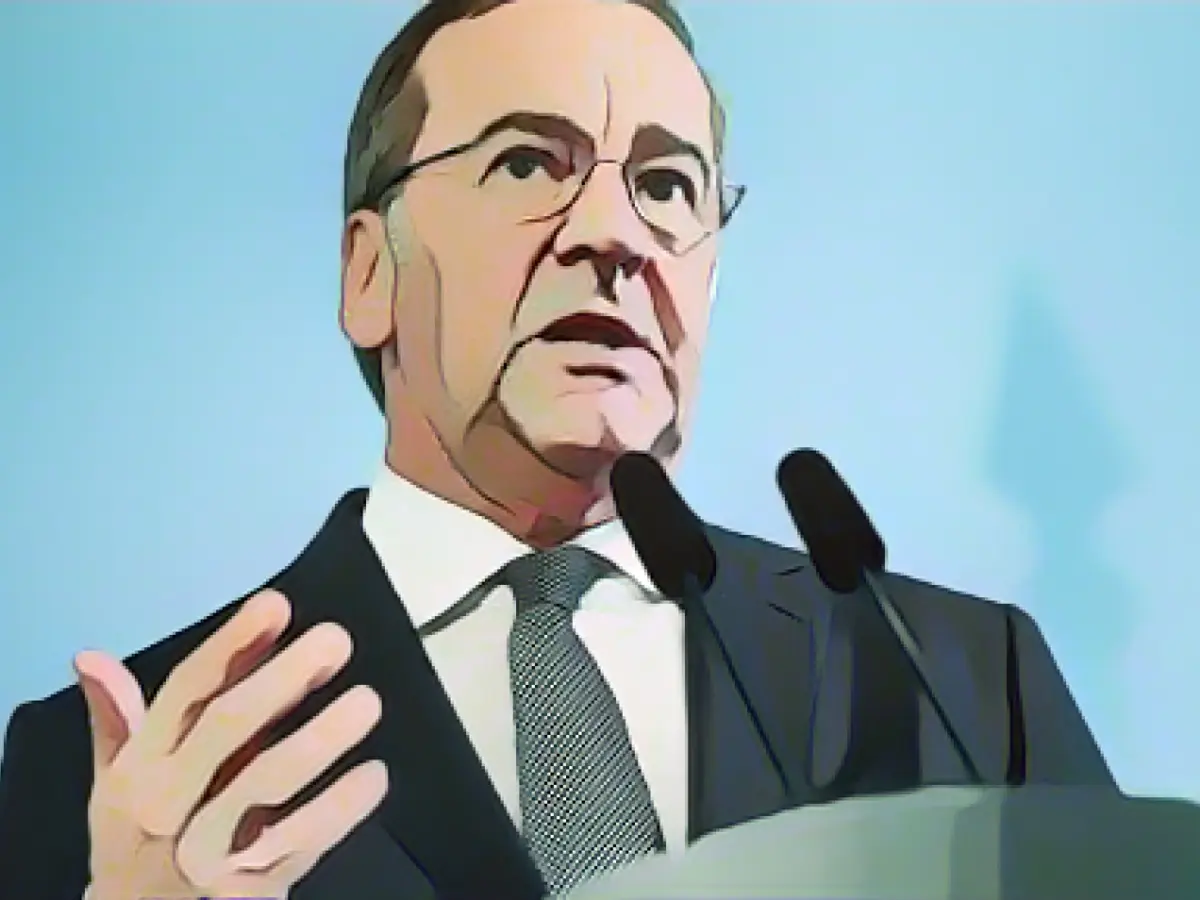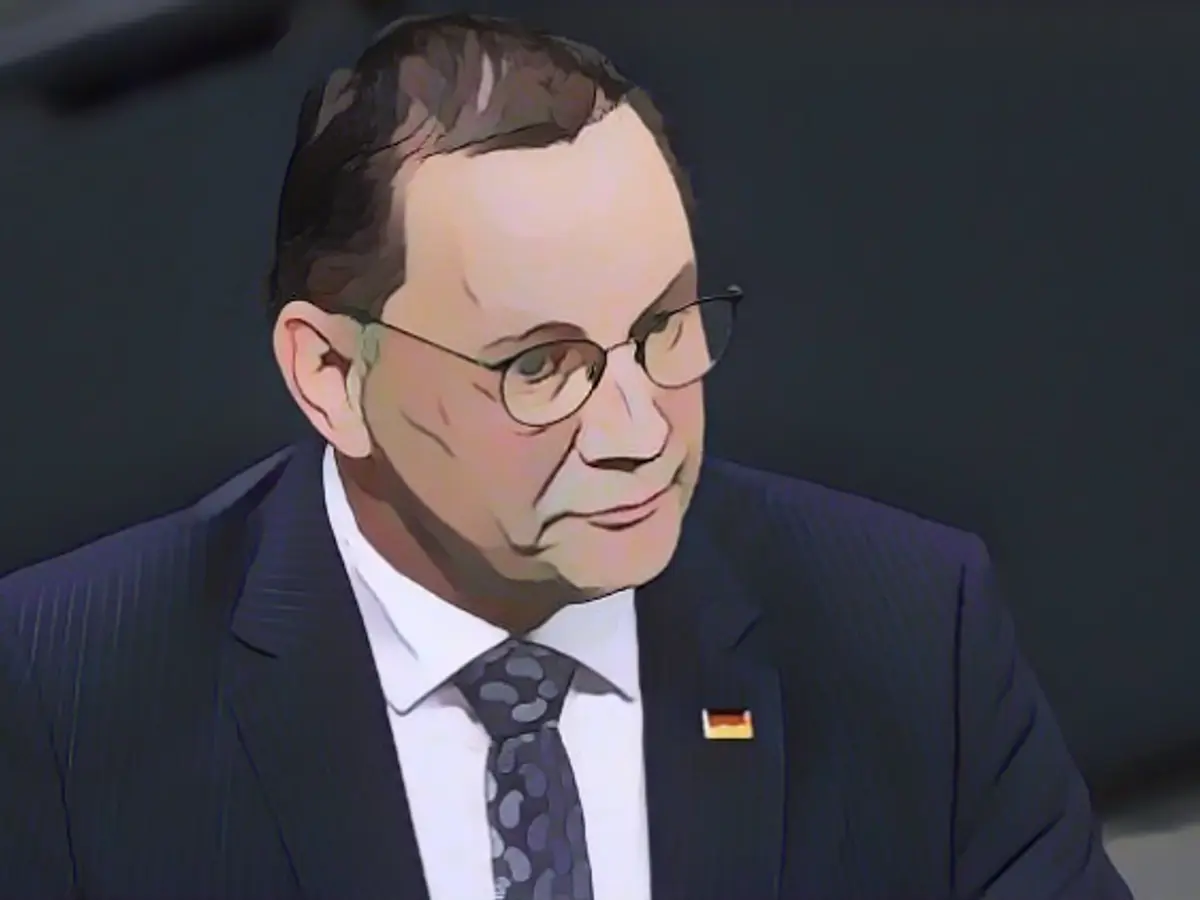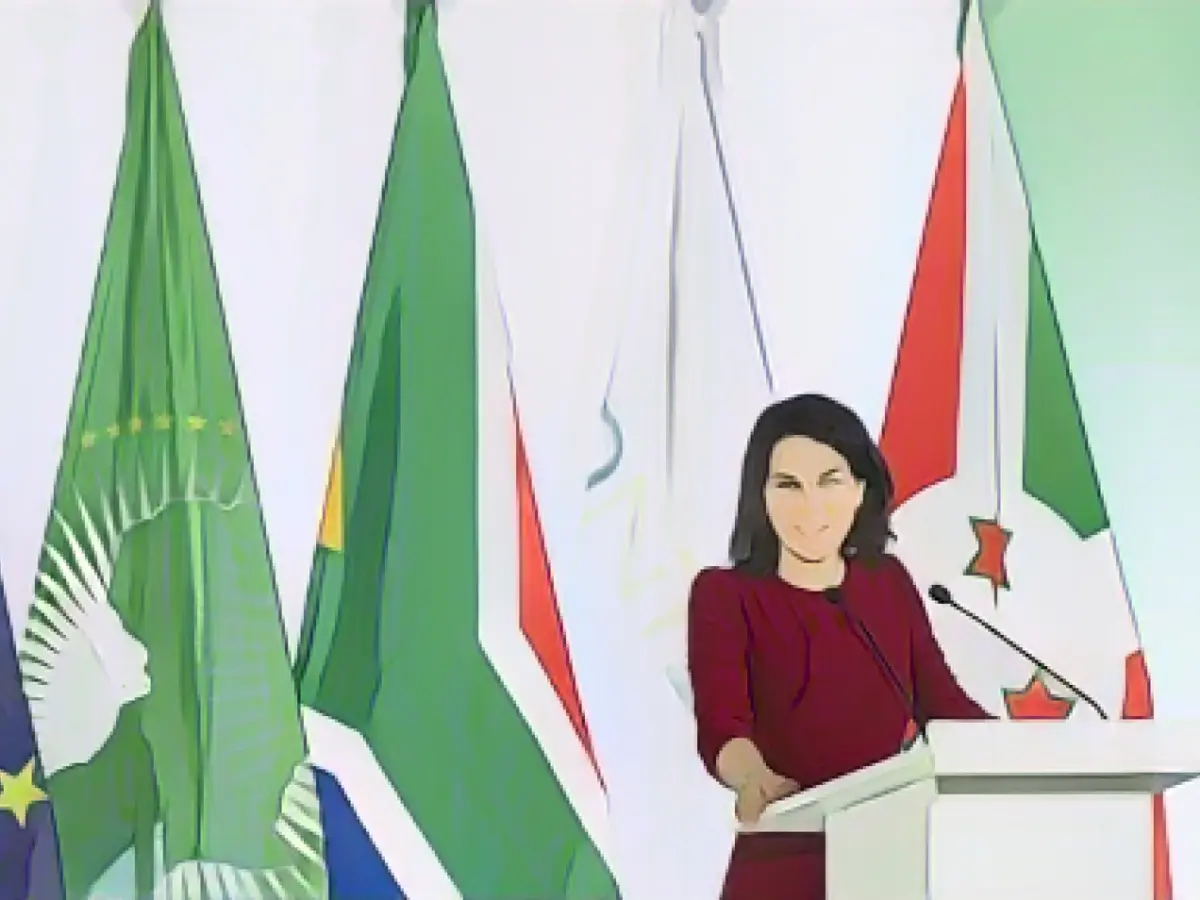Time's a-ticking for budget resolution: Possible German government situations
The clock is ticking for the traffic light coalition government to resolve the budget deficit situation, estimated to be around 17 billion euros due to the Federal Constitutional Court's ruling three weeks ago. The ruling deemed the reallocation of 60 billion euros, initially designated for coronavirus relief, invalid. The court argued that the government could not set aside loans intended for emergency situations for later use.
Foreign Minister Annalena Baerbock, representing the Greens, stated that leaders were doing their utmost to pass the 2024 budget as soon as possible. However, whether key budget data would be available before the cabinet meeting remained unclear.
Chancellor Olaf Scholz (SPD), Finance Minister Christian Lindner (FDP), and Vice-Chancellor Robert Habeck (Greens) are working diligently to avoid a government crisis, but the deadline is fast approaching. A few possible scenarios have emerged:
Austerity Measures: Feasible but unlikely
Lindner, the FDP leader, proposed adopting stringent austerity measures to cover the shortfall. He suggested targeting cost areas like social issues, such as the citizen's income, and international financial aid, along with various support programs. Nevertheless, Social Affairs Minister Hubertus Heil rejected this proposal, arguing that denying citizens an inflation-adjusted increase to standard rates would be morally irresponsible and unconstitutional.
The SPD and Greens similarly oppose reconsidering the citizen's income increase due to inflation, as COVID-19-related costs have significantly risen in recent years. They argue that it remains essential to maintain the standard rates to cater to the rising cost of essentials like food, energy, and school supplies.
The Greens advocate for cutting climate-damaging subsidies, such as the diesel privilege and commuting allowance, and abolishing the company car privilege, which critics argue promotes the sale of large combustion engines and benefits upper income groups. However, the FDP is unlikely to endorse these reforms.
New Emergency Loans: A Challenging Prospect
Suspending the debt brake, a fundamental rule governing government borrowing, is another option, as proposed by the SPD and Greens. This would necessitate declaring an emergency in the Bundestag, allowing for more borrowing to help address the budget deficit.
Lindner and the FDP have reservations about this proposal, primarily due to the risk of potential legal challenges. Legal expert Hanno Kube indicated that the requirements for an emergency resolution become increasingly stringent as time passes. This is because budget legislators can prepare for longer-term situations, resulting in financing becoming a more routine government task.
Consequently, it seems unlikely that the FDP will agree to suspend the debt brake without a round of savings.
Reform of Budget Policy: A Long-term Solution
Advisors to Robert Habeck, the Federal Economics Minister (Greens), caution of intensifying pressure on public finances due to societal aging. They advocate far-reaching reforms to the debt brake to accommodate societal needs and meet budget challenges. The advisors predict that by 2040, more than half of the federal budget will be allocated towards pensions, leaving little room for other essential expenditures.
Compromise: Bitter Pills for All
Given the tight schedule, a mixed solution appears most likely. Each coalition partner would need to swallow its share of unwelcome measures. Direct support payments for Ukraine could potentially be exempted from the debt brake with an emergency resolution, while cuts to the citizen's income increase and reduction in earmarked funding for projects could be considered by the SPD and Greens.
This article was originally published at .
Enrichment Data:
- The FDP is inclined towards austerity measures, including reducing social spending and cutting unemployment benefits for the unemployed who fail to prove they are actively searching for work. They also champion reducing subsidies and downsizing bureaucracy.
- The SPD and Greens are more inclined towards investing in social programs and green energy transition, opposing austerity measures and preferring reform of the debt brake to allow for higher public spending.
- The CDU/CSU, while supportive of austerity measures, might show more flexibility during coalition negotiations, considering lowering the debt brake threshold to 0.15% of GDP.
- The most likely coalition line-ups are between the CDU/CSU and either the SPD or the Greens. Negotiations may stretch into 2026. The SPD, Greens, and CDU/CSU have varying perspectives on public financing, which will influence budget resolution discussions.








